Indice dei contenuti
- Cos'è il THCA e perché dovrebbe interessarti?
- Capire gli effetti del THCA: grezzo vs. riscaldato
- Effetti collaterali comuni del THCA: cosa aspettarsi
- Effetti del THCA Gummies: Cosa rende Edibles diverso
- Effetti dei Gummies con THC convertito
- Effetti del THCA Fiore: Fumare vs. altri metodi
- Chi dovrebbe evitare il THCA? Considerazioni importanti sulla sicurezza
- Come ridurre al minimo gli effetti collaterali del THCA
- Scopri la qualità della THCA Prodotti su Canapuff
- Capire cosa acquisti
- In sintesi sugli effetti collaterali del THCA
- Domande frequenti
Se hai iniziato a esplorare il mondo dei cannabinoidi oltre al classico THC e CBD, probabilmente ti sei imbattuto nel THCA. Ormai si trova ovunque: da Fiore a Gummies fino a vapes, e la gente è curiosa. Ma ecco la questione: prima di buttarti, devi capire davvero quali sono gli effetti collaterali del THCA, in cosa si differenziano dal THC normale e cosa succede quando fumi, Vape o mangi Prodotti che contiene questo cannabinoide.
Vediamolo in modo semplice, perché queste cose contano sia per la tua salute che per la tua esperienza.
Cos'è il THCA e perché dovrebbe interessarti?
THCA sta per acido tetraidrocannabinolico, ed è la forma grezza e non psicoattiva del THC che si trova naturalmente nelle piante fresche di Cannabis. Pensalo così: il THCA è il fratello tranquillo del THC che non si è ancora svegliato. Non ti farà sballare allo stato naturale perché la sua struttura molecolare gli impedisce di legarsi ai recettori CB1 del cervello.
Ma qui viene il bello: quando applichi calore—fumando, svapando o cucinando—il THCA si trasforma nel normale delta-9 THC tramite un processo chiamato decarbossilazione. In pratica, il calore rimuove un gruppo carbossilico dalla molecola, attivandola e rendendola psicoattiva.
Questa trasformazione significa che mentre il THCA grezzo non è inebriante, il THCA riscaldato produce lo stesso sballo del THC tradizionale. È importante capirlo quando si parla di effetti collaterali del THCA, perché gli effetti cambiano molto a seconda di come lo assumi.
Capire gli effetti del THCA: grezzo vs. riscaldato
Effetti del THCA grezzo (non psicoattivo)
Quando assumi THCA nella sua forma grezza—tipo spremendo piante fresche di Cannabis, mangiando tinture non riscaldate o prendendo Gummies di THCA che non sono stati decarbossilati—ottieni la versione non psicoattiva.
Le ricerche suggeriscono che il THCA grezzo potrebbe offrire benefici terapeutici senza lo sballo:
- Proprietà antinfiammatorie: Studi dimostrano che il THCA può ridurre l'infiammazione, rendendolo potenzialmente utile per condizioni come artrite o malattie infiammatorie intestinali
- Effetti neuroprotettivi: Le prime ricerche indicano che il THCA potrebbe aiutare a proteggere le cellule cerebrali e potrebbe essere utile per malattie neurodegenerative
- Proprietà anti-nausea: Il THCA sembra particolarmente efficace nel ridurre nausea e vomito, anche meglio del THC in alcuni studi
- Attività anticonvulsivante: Ricerche preliminari suggeriscono che il THCA potrebbe aiutare con le crisi epilettiche senza effetti psicoattivi
Effetti del THCA fumato (psicoattivo)
Quando fumi o Vape Fiore di THCA, cambia tutto. Il calore trasforma il THCA in THC quasi all'istante—gli studi mostrano che fumare può convertire fino all'87,7% del THCA in THC.
Questo significa che gli effetti del THCA Fiore fumato sono praticamente gli stessi di quelli del THC Fiore normale:
- Euforia e percezione alterata
- Rilassamento o sedazione
- Aumento dell'appetito
- Cambiamenti nella percezione del tempo
- Possibile ansia o paranoia a dosi più alte
La differenza principale? Il THCA Fiore spesso ha un contenuto totale di cannabinoidi più alto rispetto al normale THC Fiore, il che può rendere l’esperienza più potente una volta attivato.
Effetti collaterali comuni del THCA: cosa aspettarsi

Ora passiamo alle cose pratiche: quali effetti collaterali del THCA dovresti davvero tenere d’occhio? Dipende tutto dal fatto che tu stia consumando THCA crudo o riscaldato.
Effetti collaterali del THCA crudo (non riscaldato)
Anche se il THCA crudo non è psicoattivo, può comunque causare reazioni indesiderate in alcune persone:
Problemi digestivi: Questa è la lamentela più comune. Il THCA crudo può irritare il sistema digerente, portando a:
- Mal di stomaco o nausea (ironicamente, dato che ha proprietà anti-nausea)
- Diarrea o cambiamenti nelle evacuazioni
- Fastidio o crampi addominali
Bocca secca: Il THCA influisce sulla produzione di saliva anche senza effetti psicoattivi, causando quella fastidiosa sensazione di "bocca asciutta"
Stanchezza e sonnolenza: Alcuni utenti riferiscono di sentirsi insolitamente stanchi o assonnati dopo aver assunto THCA, soprattutto a dosi più alte
Reazioni allergiche: Anche se rare, alcune persone possono avere risposte allergiche al materiale vegetale di Cannabis:
- Rash cutanei o prurito
- Sintomi respiratori come difficoltà a respirare
- Gonfiore o orticaria
Interazioni con farmaci: Il THCA può interagire con farmaci prescritti, soprattutto quelli metabolizzati dagli enzimi del fegato. Se prendi farmaci per la pressione, per il diabete o per la salute mentale, parla con il tuo medico prima di usare il THCA.
Effetti collaterali del THCA riscaldato (fumato, vaporizzato o cucinato)
Quando riscaldi il THCA e lo converti in THC, hai a che fare con tutta la gamma di effetti collaterali del THC:
Effetti psicoattivi (sono previsti, ma possono essere indesiderati per alcuni):
- Percezione e cognizione alterate
- Problemi di memoria e concentrazione
- Ansia, paranoia o attacchi di panico in alcune persone
- Allucinazioni a dosi molto alte
Effetti fisici:
- Aumento della frequenza cardiaca
- Bocca secca e occhi arrossati
- Ridotta mobilità o “blocco da divano”
- Vertigini o sensazione di testa leggera
Problemi respiratori (specifici del fumo):
- Irritazione polmonare e bronchite cronica
- Tosse e irritazione alla gola
- Possibili danni respiratori a lungo termine
Rischi per la salute mentale (soprattutto con uso intenso o prolungato):
- Aumento del rischio di ansia e depressione
- Possibilità di scatenare psicosi in persone vulnerabili
- Compromissione della memoria e declino cognitivo
Potenziale di dipendenza: L’uso regolare di THC può portare a dipendenza, e chi prova a smettere può avere sintomi di astinenza come irritabilità, problemi di sonno e perdita di appetito.
Effetti del THCA Gummies: Cosa rende Edibles diverso
Il THCA Gummies merita particolare attenzione perché agisce in modo diverso rispetto ad altre forme.
Ecco cosa la maggior parte delle persone non sa: il THCA Gummies puro che non è stato riscaldato non ti farà sballare. Il THCA resta nella sua forma grezza e non psicoattiva perché il processo di produzione non prevede calore. Puoi sentire i benefici terapeutici (antinfiammatori, neuroprotettivi), ma senza effetti di intossicazione.
Se però i Gummies contengono THC già decarbossilato o se li cucini, allora cambia tutto.
Effetti dei Gummies con THC convertito
Quando i THCA Gummies vengono riscaldati durante la produzione o se contengono naturalmente un po’ di THC, gli utenti riportano:
Effetto ritardato: Gli effetti di solito si sentono dopo 30-90 minuti dall’assunzione, a volte anche dopo 2 ore
Durata più lunga: Lo sballo da Edibles dura molto di più—da 4 a 8 ore, a volte anche di più con dosi alte
Effetti più intensi: Edibles produce 11-idrossi-THC nel fegato, che è più potente del THC inalato, quindi gli effetti sembrano più forti
Sensazioni comuni:
- Rilassamento Deep o “body high”
- Euforia e percezione sensoriale amplificata
- Percezione alterata del tempo (il tempo sembra rallentare)
- Maggiore creatività o pensieri introspettivi
Possibili reazioni negative:
- Ansia o paranoia se la dose è troppo alta
- Mal di stomaco o nausea
- Vertigini e disorientamento
- “Greening out” (sentirsi sopraffatti, nauseati, in preda al panico)
Il problema più grande con i THC Gummies? Dosi poco precise e consumo eccessivo. Le persone mangiano una caramella gommosa, non sentono nulla dopo 30 minuti, ne mangiano un’altra e poi l’effetto arriva tutto insieme—con un’esperienza troppo intensa e sgradevole.
Effetti del THCA Fiore: Fumare vs. altri metodi
Il THCA Fiore è uno dei modi più popolari per consumare questo cannabinoide, ma gli effetti cambiano molto a seconda di come lo usi.
Fumare o svapare THCA Fiore
Quando fumi o Vape il THCA Fiore, la decarbossilazione avviene all’istante. Il calore della combustione (circa 220°F o più) trasforma subito il THCA in THC.
Cosa aspettarsi:
- Inizio rapido: Gli effetti iniziano entro 5-15 minuti
- Effetti massimi: Sentirai lo sballo più intenso circa 30-60 minuti dopo aver fumato
- Durata: Gli effetti durano di solito 2-4 ore
- Potenza: Un Fiore con il 20% di THCA si trasforma in circa il 17,5% di THC quando viene fumato, quindi è piuttosto potente
Esperienze degli utenti:
- "Fumare THCA Fiore è proprio come fumare erba normale. Anzi, colpisce di più perché di solito il contenuto di THCA è più alto rispetto al THC Fiore."
- "Lo sballo arriva veloce e pulito. Lo preferisco al THC normale Fiore perché mi sembra più naturale."
Possibili problemi:
- Irritazione respiratoria dovuta al fumo
- Tosse e fastidio alla gola
- Stessi rischi del fumare qualsiasi materiale vegetale (catrame, monossido di carbonio)
Uso del THCA Fiore crudo (senza calore)
Se centrifughi THCA Fiore fresco o lo usi in preparazioni a freddo, ottieni effetti terapeutici senza sballo:
- Benefici antinfiammatori
- Proprietà neuroprotettive
- Nessun effetto psicoattivo
Chi dovrebbe evitare il THCA? Considerazioni importanti sulla sicurezza
Anche se il THCA offre potenziali benefici, non è adatto a tutti. Ecco quando dovresti fare particolare attenzione o evitarlo del tutto:
Evita il THCA se:
- Sei incinta o stai allattando
- Hai una storia personale o familiare di psicosi o schizofrenia
- Hai meno di 18 anni (preoccupazioni per lo sviluppo cerebrale)
- Hai una grave malattia epatica (i cannabinoidi influenzano gli enzimi del fegato)
- Hai un sistema immunitario compromesso (gli effetti immunomodulanti del THCA potrebbero essere problematici)
- Sei soggetto a test antidroga (il THCA può risultare come THC)
Usa con cautela se:
- Hai disturbi d’ansia o attacchi di panico
- Prendi farmaci su prescrizione (possibili interazioni)
- Hai problemi cardiovascolari (il THC può aumentare la frequenza cardiaca)
- Hai problemi respiratori (fumare li peggiorerà)
Come ridurre al minimo gli effetti collaterali del THCA

Vuoi goderti i benefici del THCA evitando effetti indesiderati? Ecco qualche consiglio pratico:
Per il THCA crudo:
Inizia con poco, vai piano: Parti dalla dose più bassa possibile e aumenta gradualmente
Assumilo con il cibo: Prendere il THCA insieme al cibo può ridurre i fastidi digestivi
Rimani idratato: Bevi molta acqua per combattere la secchezza della bocca
Scegli Prodotti di qualità: Acquista da marchi affidabili con test di laboratorio indipendenti per evitare contaminanti
Monitora le reazioni: Fai attenzione a come reagisce il tuo corpo e regolati di conseguenza
Per THCA riscaldato (fumare, svapare, Edibles):
Conosci la tua tolleranza: Se sei alle prime armi con il THC, la THCA Fiore ti farà effetto proprio come il normale Cannabis
Controlla l'ambiente: Usa la THCA in un posto comodo e sicuro dove ti senti a tuo agio
Aspetta prima di riprendere: Con Edibles, aspetta almeno 2 ore prima di consumarne ancora
Tieni CBD a portata di mano: CBD può contrastare l'ansia da THC - tienine un po' con te per sicurezza
Evita di mischiare con alcol: Combinare THC e alcol intensifica gli effetti e aumenta il rischio di effetti collaterali
Non guidare né usare macchinari: Il THC riduce coordinazione e lucidità
Scopri la qualità della THCA Prodotti su Canapuff
Se vuoi provare la THCA, la qualità e la trasparenza dei prodotti sono fondamentali. Su Canapuff trovi una selezione curata di lab-tested THCA Prodotti pensata per diverse preferenze ed esigenze.
Opzioni di THCA Fiore
Cerchi THCA Fiore di alta qualità, potente e pura? Dai un'occhiata alla nostra collezione di THCA Fiore, con cime ricche di tricomi coltivate in modo sostenibile da Cannabis. Ogni Strain è testata da laboratori indipendenti, così sai sempre cosa stai acquistando.
Se cerchi effetti specifici, esplora le nostre proposte di Strain singole:
- Euforic 95% THCA Fiori - Perfetta per esperienze energizzanti e positive
- Balanced 95% THCA Fiori - Ideale se vuoi un effetto più equilibrato
THCA vapes e concentrati
Preferisci svapare invece di fumare? La nostra collezione di THCA Vape offre opzioni pratiche e discrete con effetto rapido.
Per un'esperienza diversa, prova la nostra THCA Disposable Vape, per migliorare l'umore e la chiarezza mentale.
Capire cosa acquisti
Prima di comprare, leggi le nostre guide complete:
- Il posto migliore per comprare THCA Fiore - Scopri cosa cercare in una THCA Prodotti di qualità
- La THCA ti fa sballare? - Scopri la scienza dietro gli effetti della THCA
- La THCA è sicura da fumare? - Tutto quello che devi sapere sulla sicurezza della THCA Fiore
Tutti i Canapuff Prodotti sono testati da laboratori indipendenti, così puoi essere sicuro di ricevere Prodotti puri, potenti e privi di contaminanti dannosi.
In sintesi sugli effetti collaterali del THCA
Gli effetti collaterali del THCA dipendono completamente da come lo assumi. Il THCA grezzo di solito è ben tollerato, ma può causare problemi digestivi, secchezza della bocca e stanchezza in alcune persone. Il THCA riscaldato produce gli stessi effetti e gli stessi effetti collaterali del THC normale, inclusi possibile ansia, difficoltà cognitive e problemi respiratori se fumato.
Il segreto per un'esperienza positiva? Parti da dosi basse, scegli Prodotti di alta qualità da fonti affidabili come Canapuff e ascolta come reagisce il tuo corpo. Che tu stia esplorando gli effetti dei Fiore di THCA, sperimentando gli effetti dei Gummies di THCA o sia curioso sugli effetti del THCA fumato, capire i possibili effetti collaterali ti aiuta a fare scelte consapevoli sui tuoi Wellness.
Per maggiori informazioni sulla scienza e la sicurezza dei cannabinoidi, visita la pagina Wikipedia sul THCA oppure consulta risorse sanitarie come la guida di WebMD sul THCA.
Domande frequenti
Il THCA può causare danni al fegato?
Ci sono poche ricerche specifiche su THCA e salute del fegato, ma gli studi suggeriscono che i cannabinoidi possono modificare l’attività degli enzimi epatici. Questo significa che il THCA potrebbe influenzare il modo in cui il tuo fegato metabolizza altri farmaci. Se hai già malattie epatiche o assumi farmaci metabolizzati dal fegato (come statine, anticoagulanti o alcuni antidepressivi), parla con il tuo medico prima di usare THCA. Non ci sono prove che un uso moderato di THCA causi danni al fegato in persone sane, ma un uso cronico e pesante di Cannabis è stato associato a qualche variazione degli enzimi epatici.
Il THCA risulta in un test antidroga?
Sì, il THCA può farti risultare positivo a un test antidroga. Anche se il THCA grezzo non è psicoattivo, molti test rilevano i metaboliti del THC e il tuo corpo può convertire naturalmente piccole quantità di THCA in THC. Inoltre, se riscaldi il THCA (fumandolo o vaporizzandolo), diventa THC, che sicuramente verrà rilevato nei test antidroga standard. Se sei soggetto a test antidroga sul lavoro, evita del tutto i Prodotti di THCA o usa solo CBD isolato Prodotti senza THC.
Il THCA è una sostanza che dà dipendenza?
Il THCA grezzo di per sé non sembra avere un potenziale di dipendenza significativo perché non produce effetti psicoattivi. Tuttavia, una volta riscaldato e convertito in THC, comporta lo stesso rischio di dipendenza del normale Cannabis. Il THC può creare abitudine, soprattutto con l’uso quotidiano, e circa il 9% delle persone che usano Cannabis sviluppa dipendenza. I sintomi di astinenza dall’interruzione dell’uso regolare di THC possono includere irritabilità, problemi di sonno, diminuzione dell’appetito e irrequietezza. Se usi regolarmente Prodotti di THCA riscaldato, fai attenzione a non sviluppare tolleranza o dipendenza.
Puoi avere un'overdose di THCA?
Non puoi avere un'overdose fatale di THCA o THC: non ci sono decessi documentati dovuti solo a un'overdose di Cannabis. Tuttavia, puoi sicuramente assumerne troppo, con effetti estremamente spiacevoli chiamati comunemente "andare in paranoia". I sintomi includono forte nausea, vomito, vertigini, attacchi di panico, paranoia e disorientamento. Questo succede più spesso con Edibles a causa dell'effetto ritardato e del dosaggio poco preciso. Anche se non è pericoloso per la vita, è un'esperienza davvero brutta che può durare diverse ore. Se qualcuno assume troppo THCA/THC, portalo in un ambiente tranquillo, fagli bere acqua e aspetta che passi: gli effetti svaniranno.
Il THCA interagisce con antidepressivi o farmaci contro l'ansia?
THCA e THC possono interagire in modo complesso con i farmaci per la salute mentale. I cannabinoidi influenzano i percorsi della serotonina e della dopamina, quindi potrebbero interferire con SSRI, SNRI o benzodiazepine. Alcune interazioni possono ridurre l'efficacia dei farmaci, altre invece possono aumentare effetti collaterali come sedazione o vertigini. Inoltre, CBD (spesso presente insieme al THCA nei Prodotti a spettro completo) inibisce gli enzimi citocromo P450, che metabolizzano molti antidepressivi. Se prendi farmaci per la salute mentale, parla con il tuo psichiatra o medico prima di usare THCA Prodotti: ti aiuterà a capire le possibili interazioni specifiche per la tua terapia.


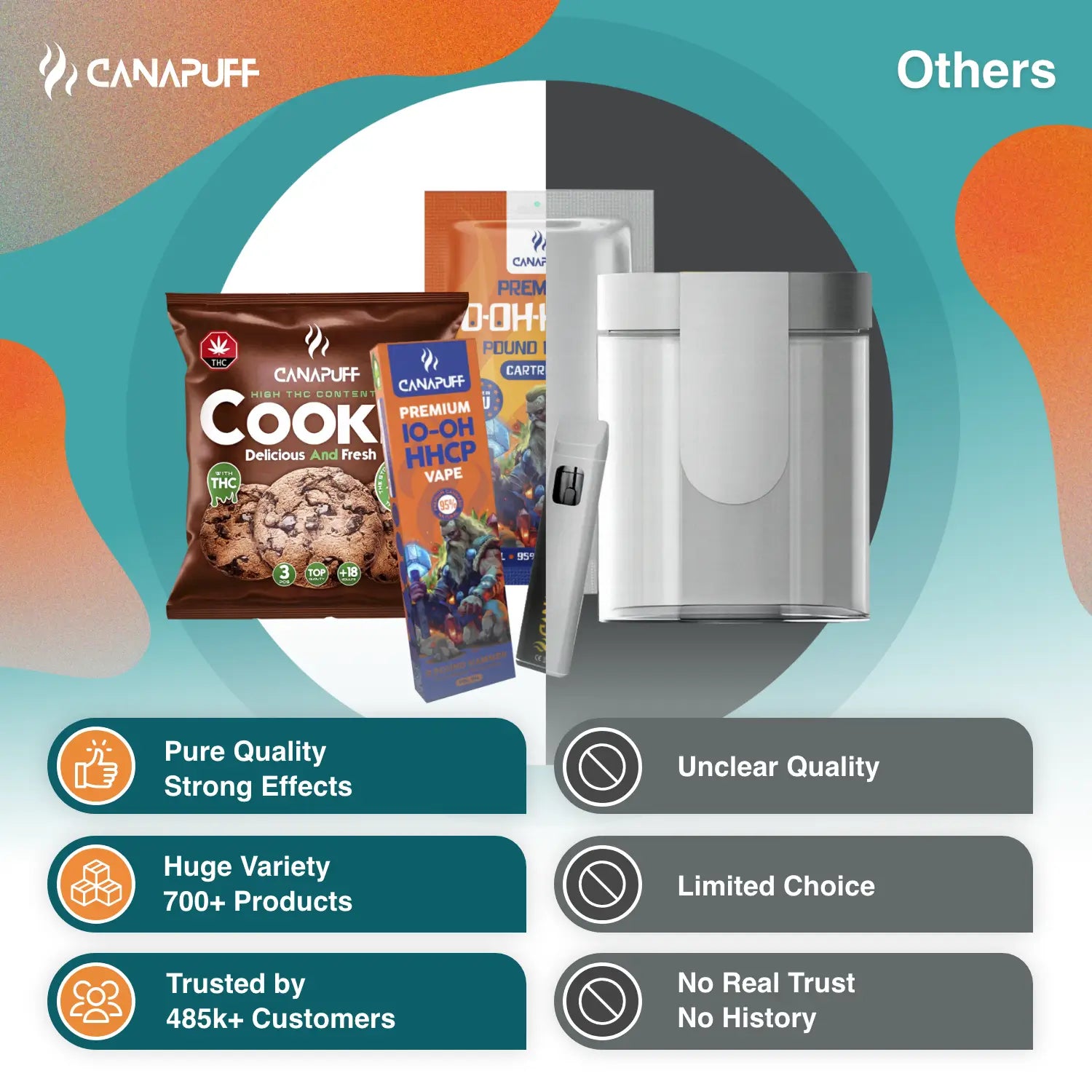


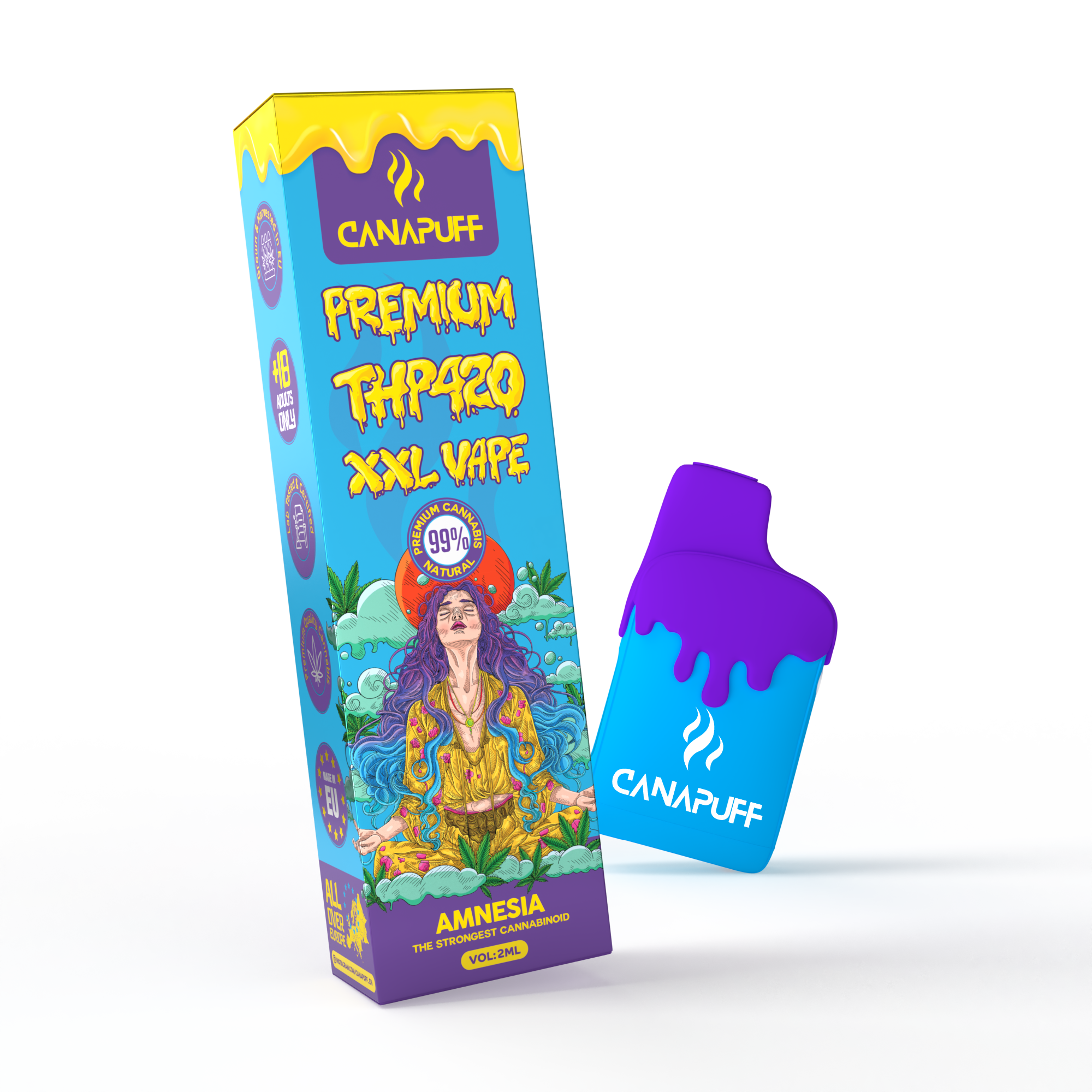
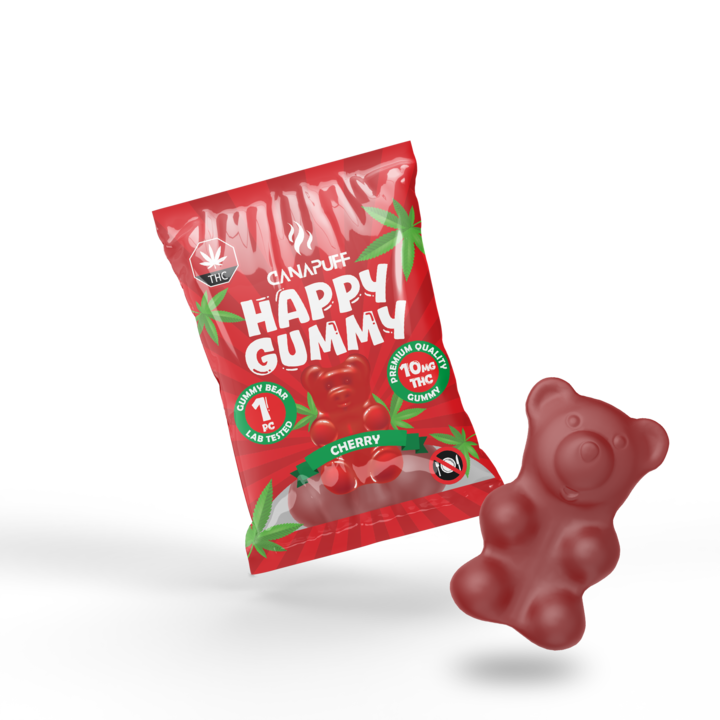
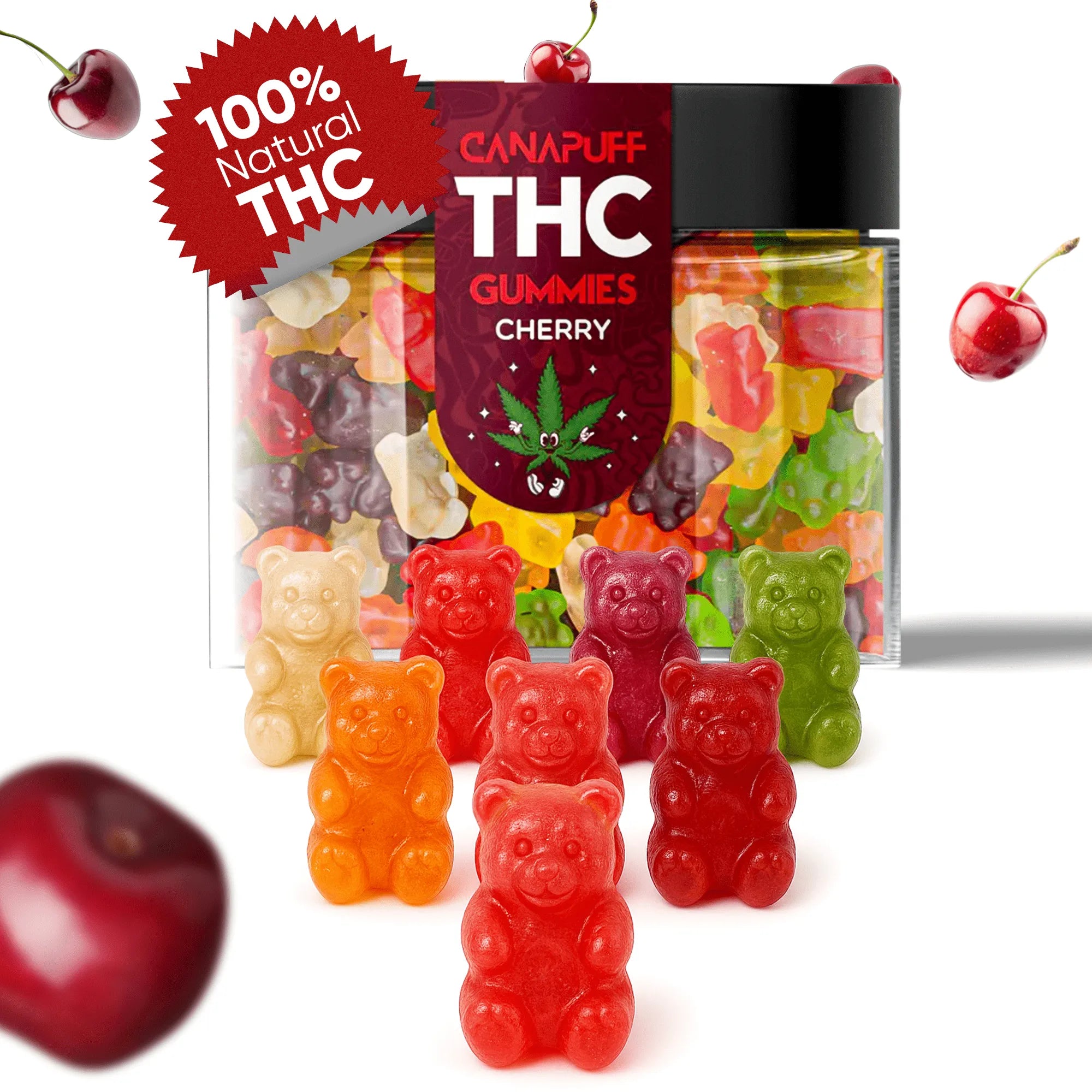
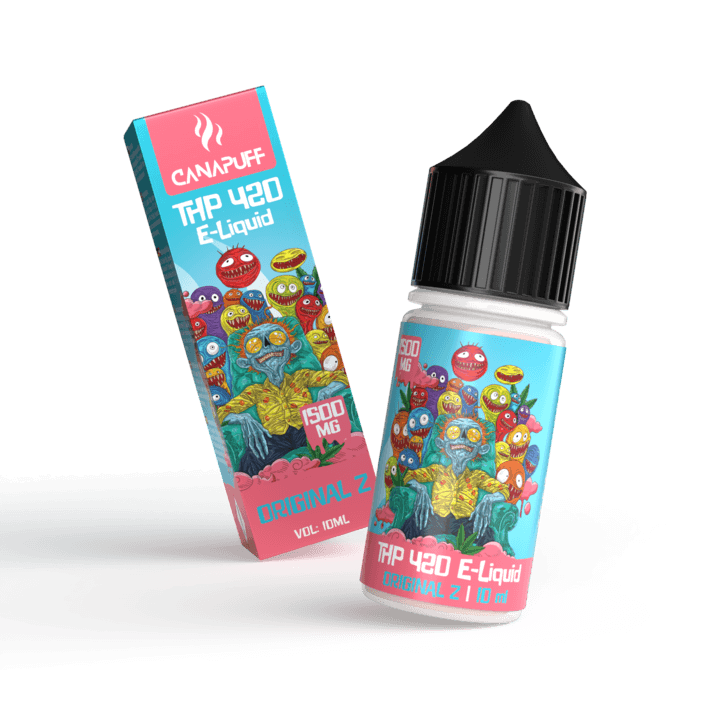
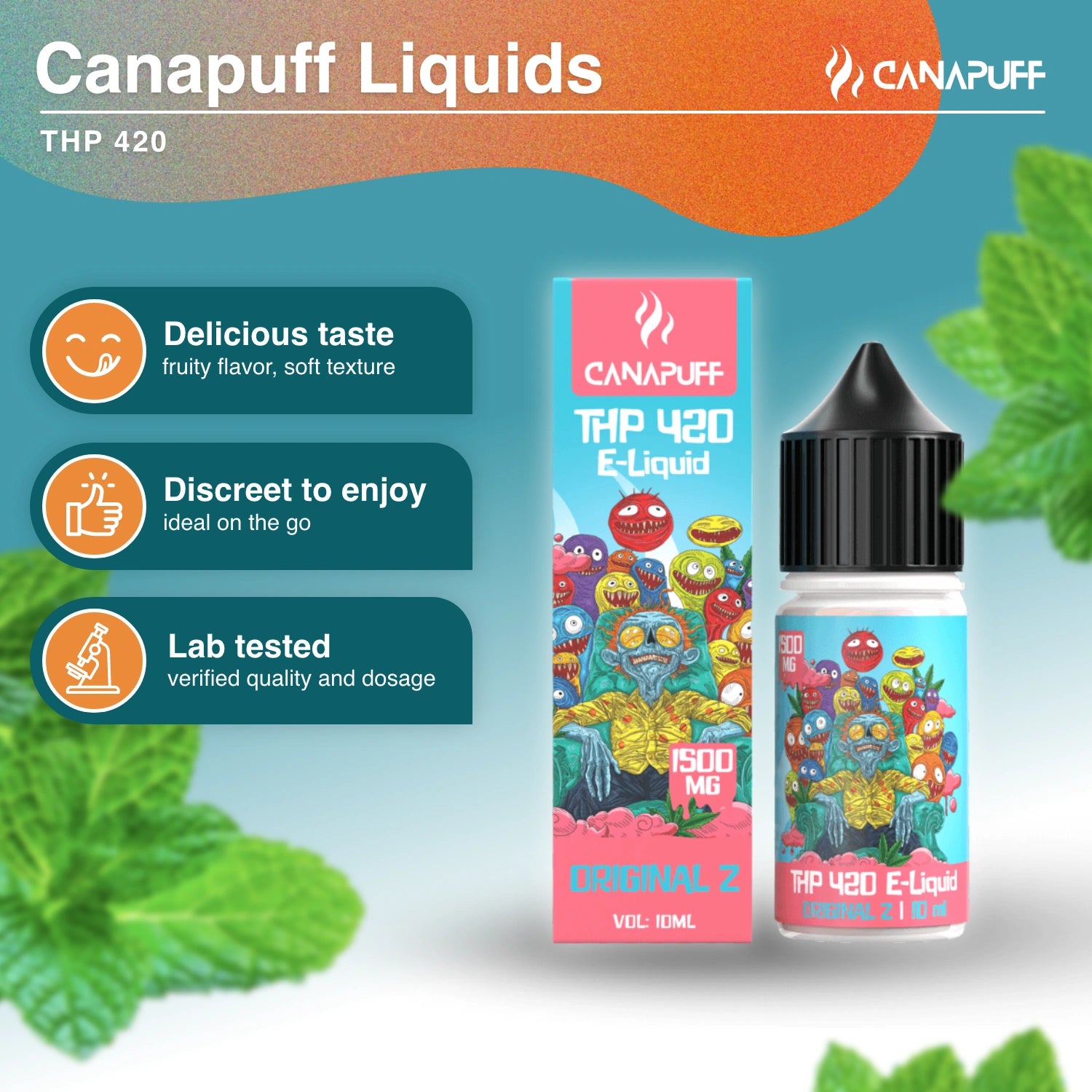


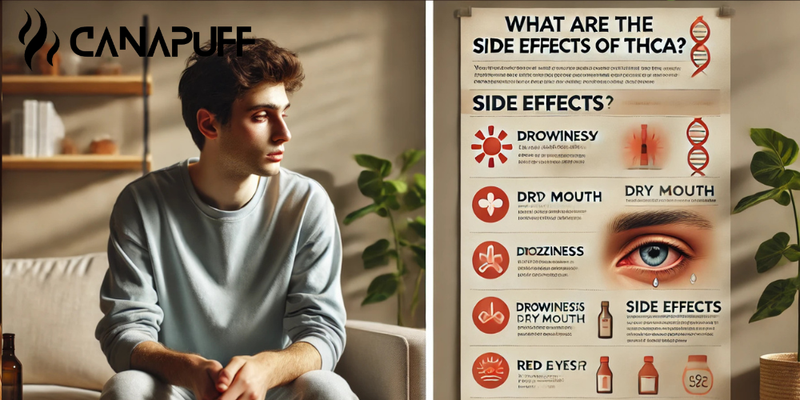

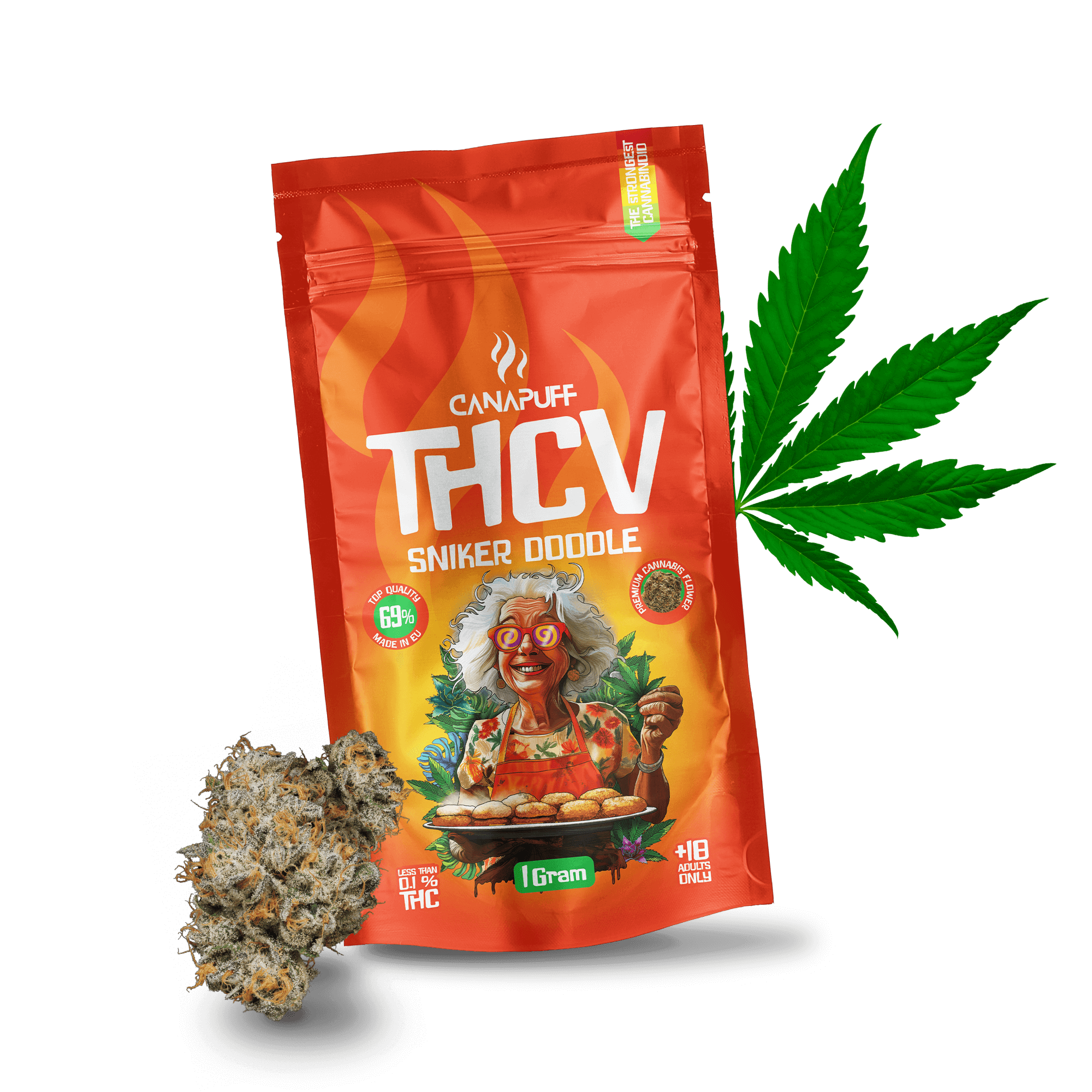
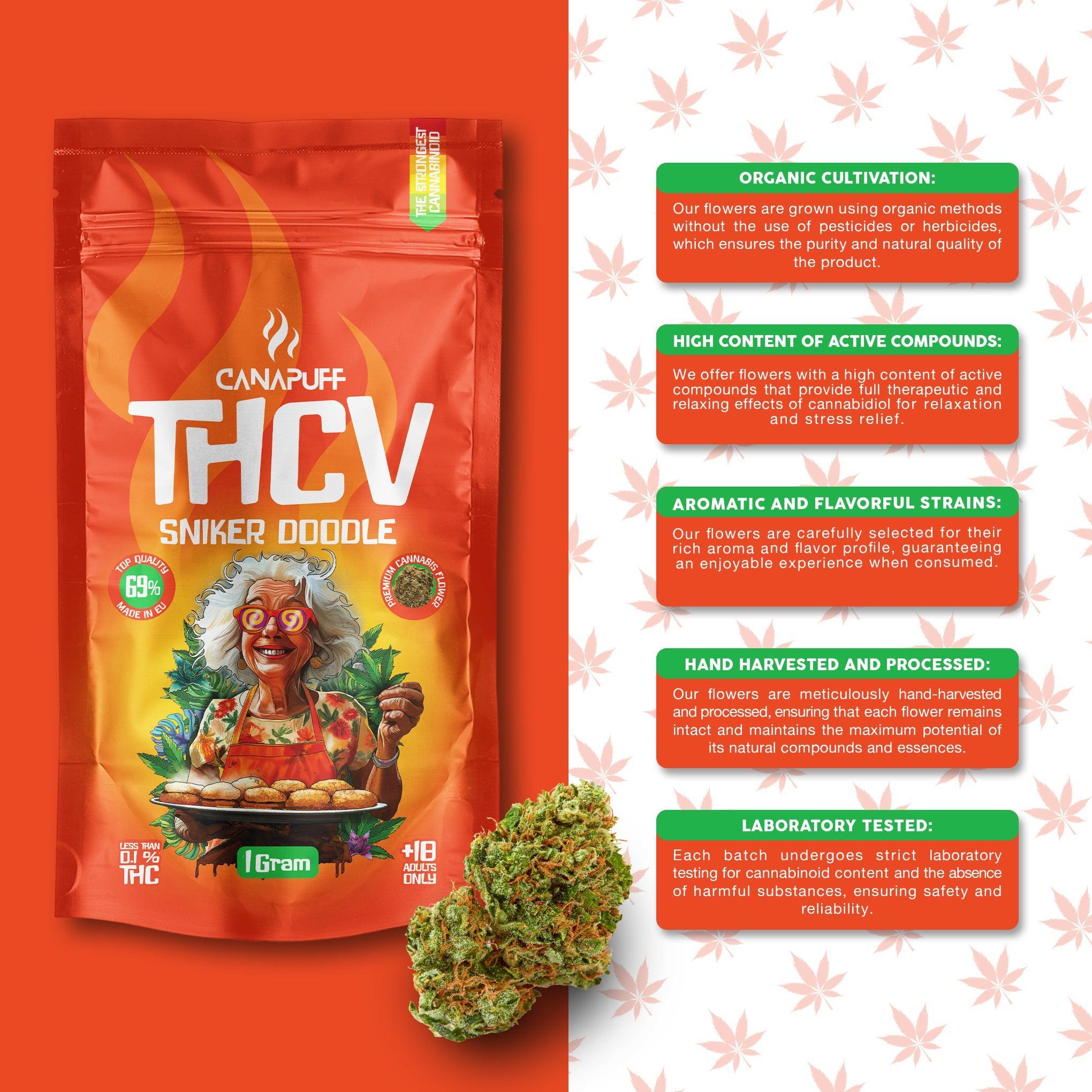
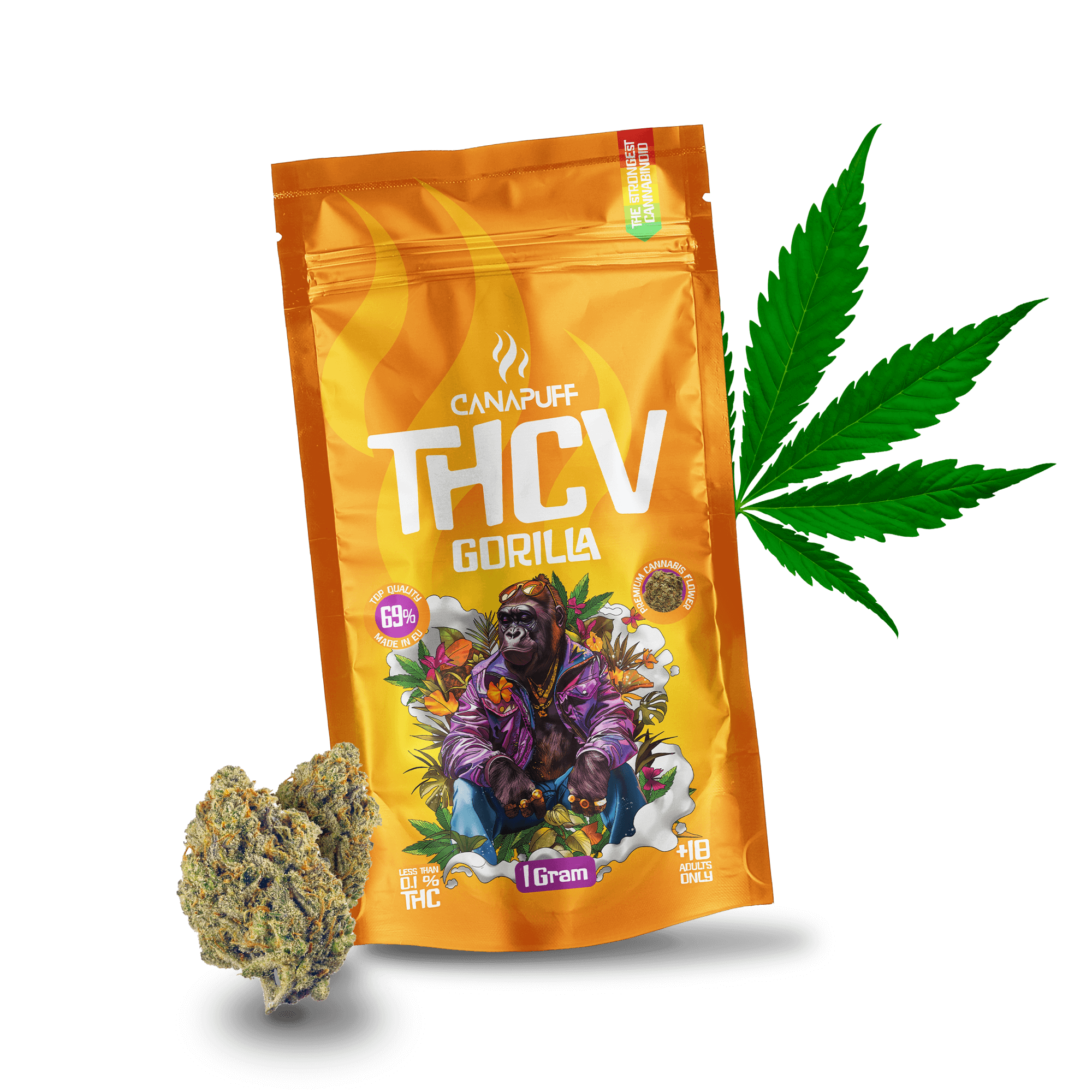
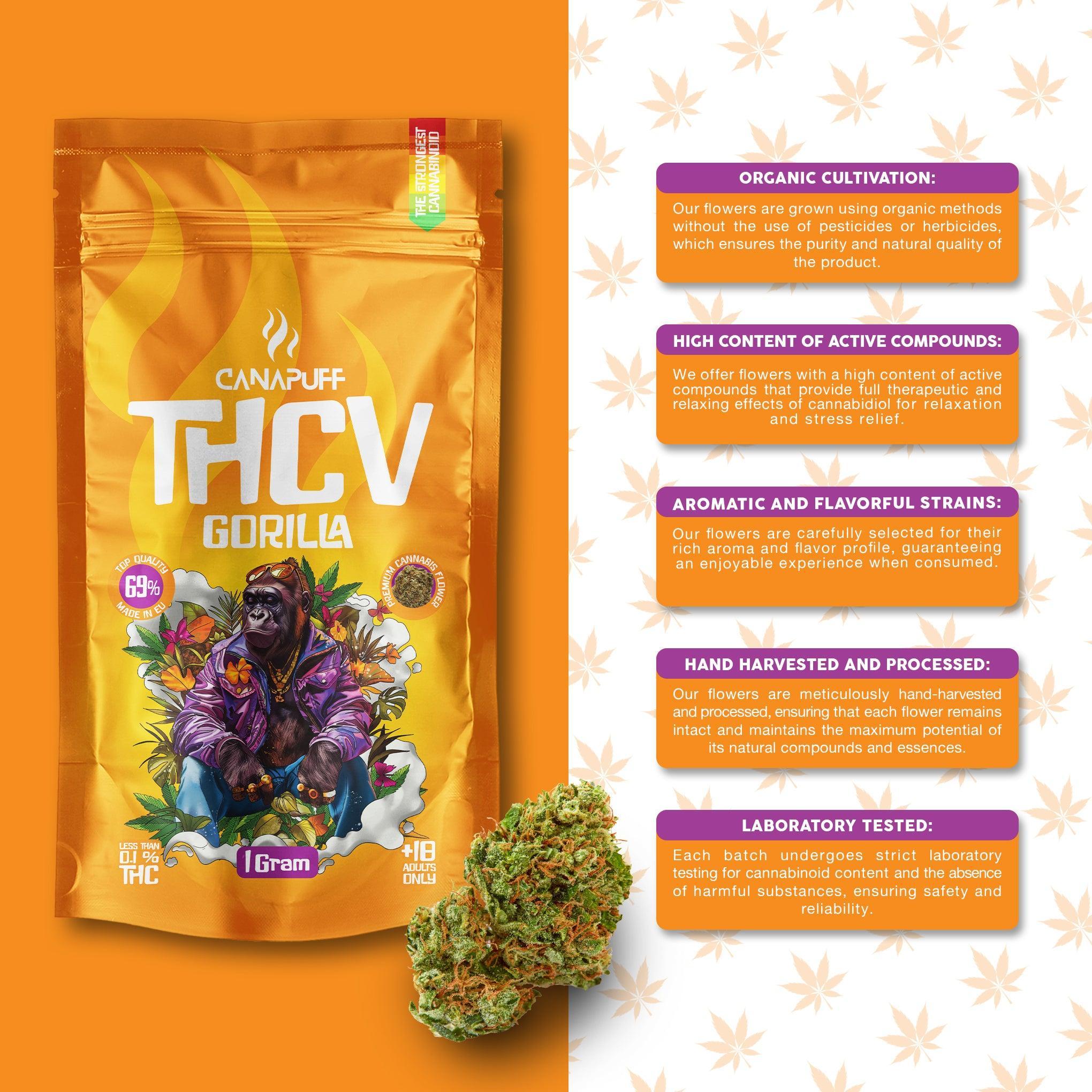
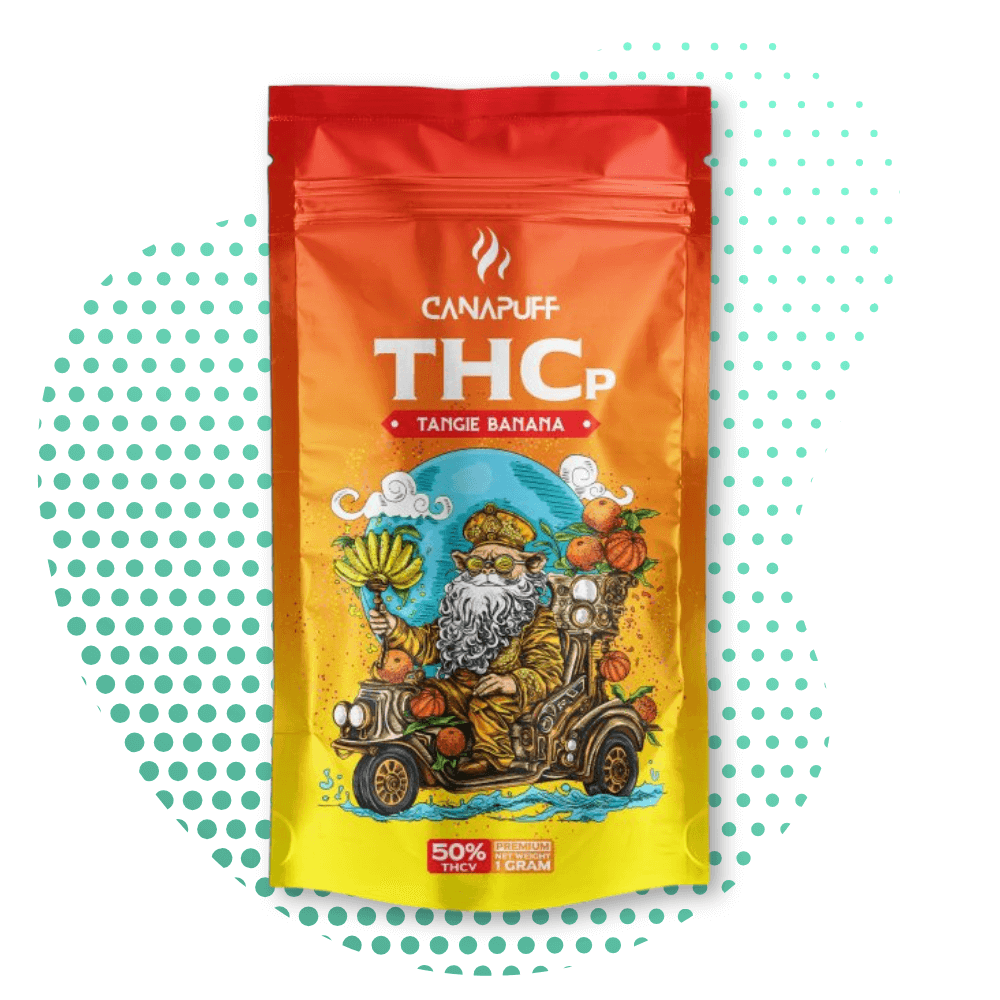
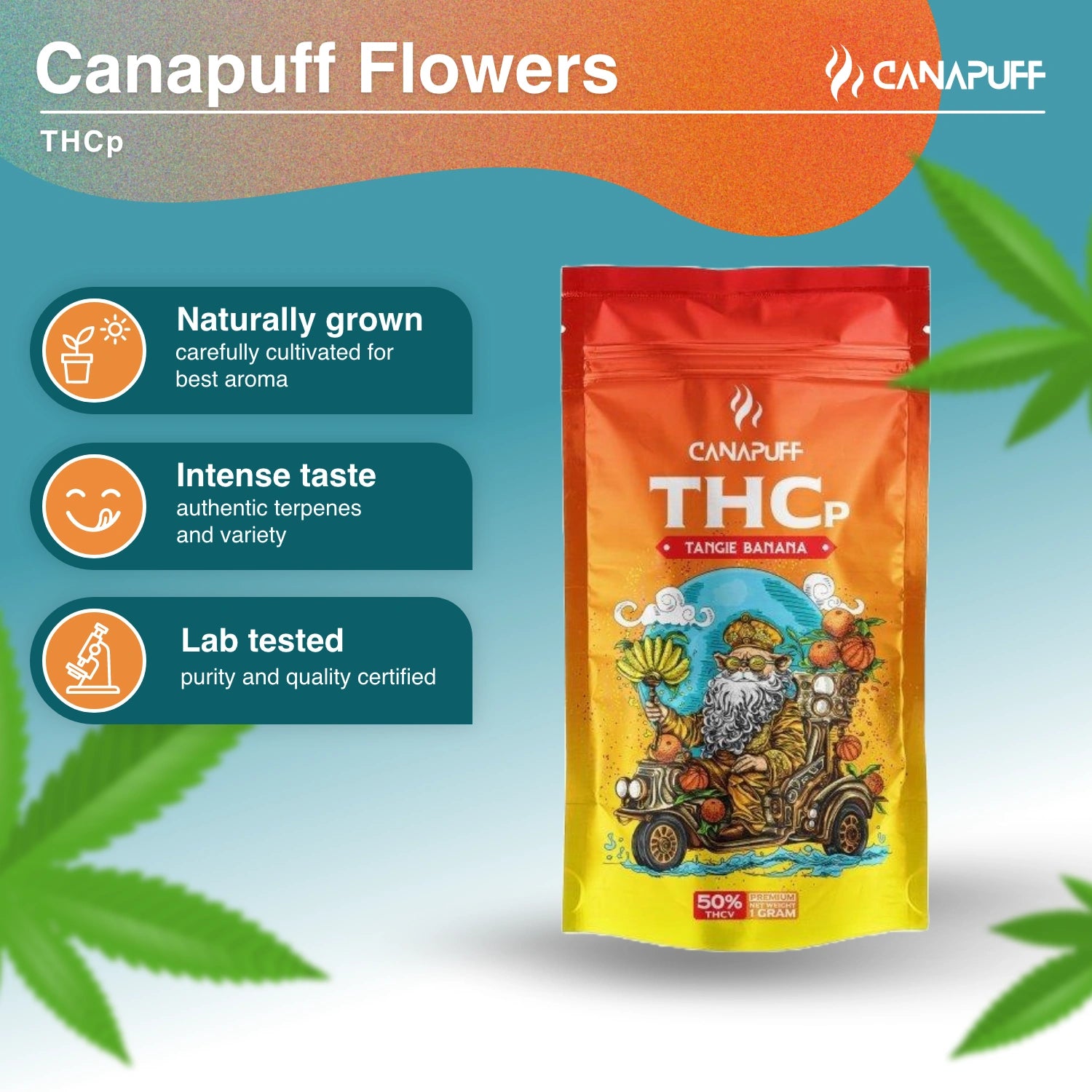
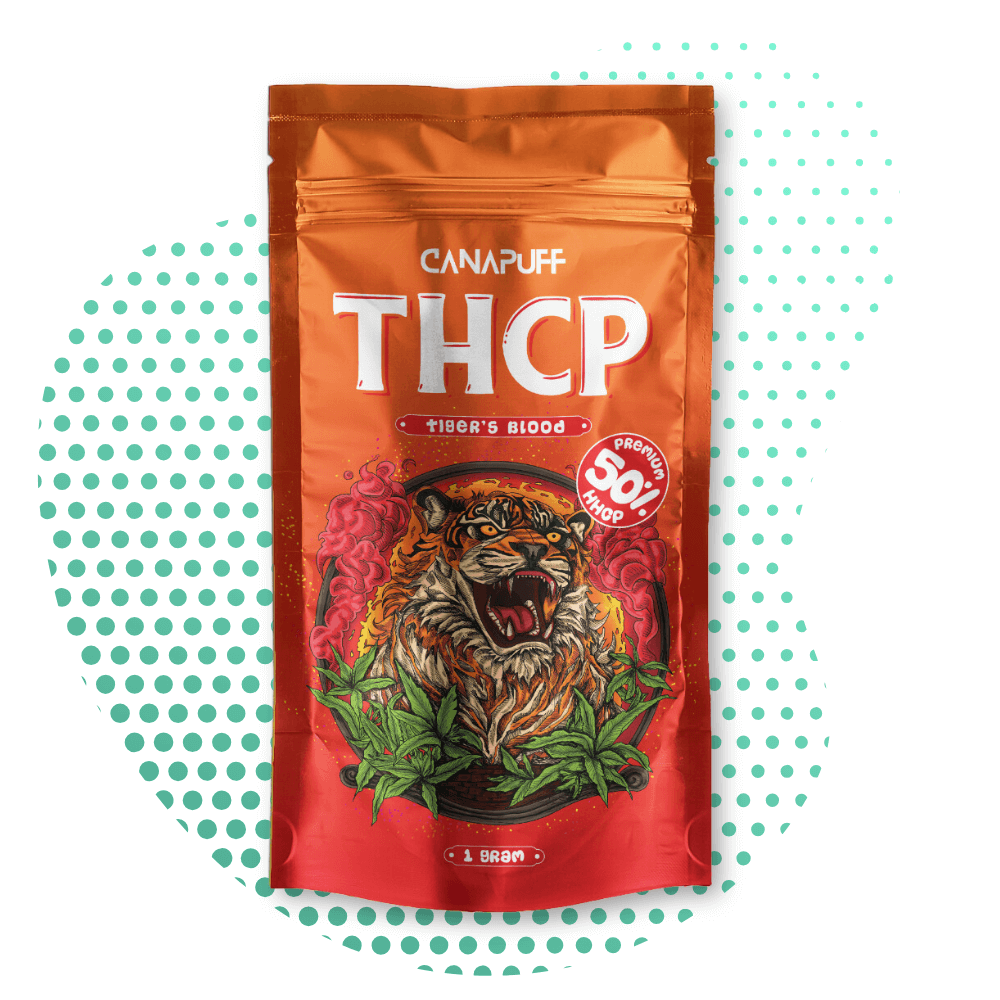
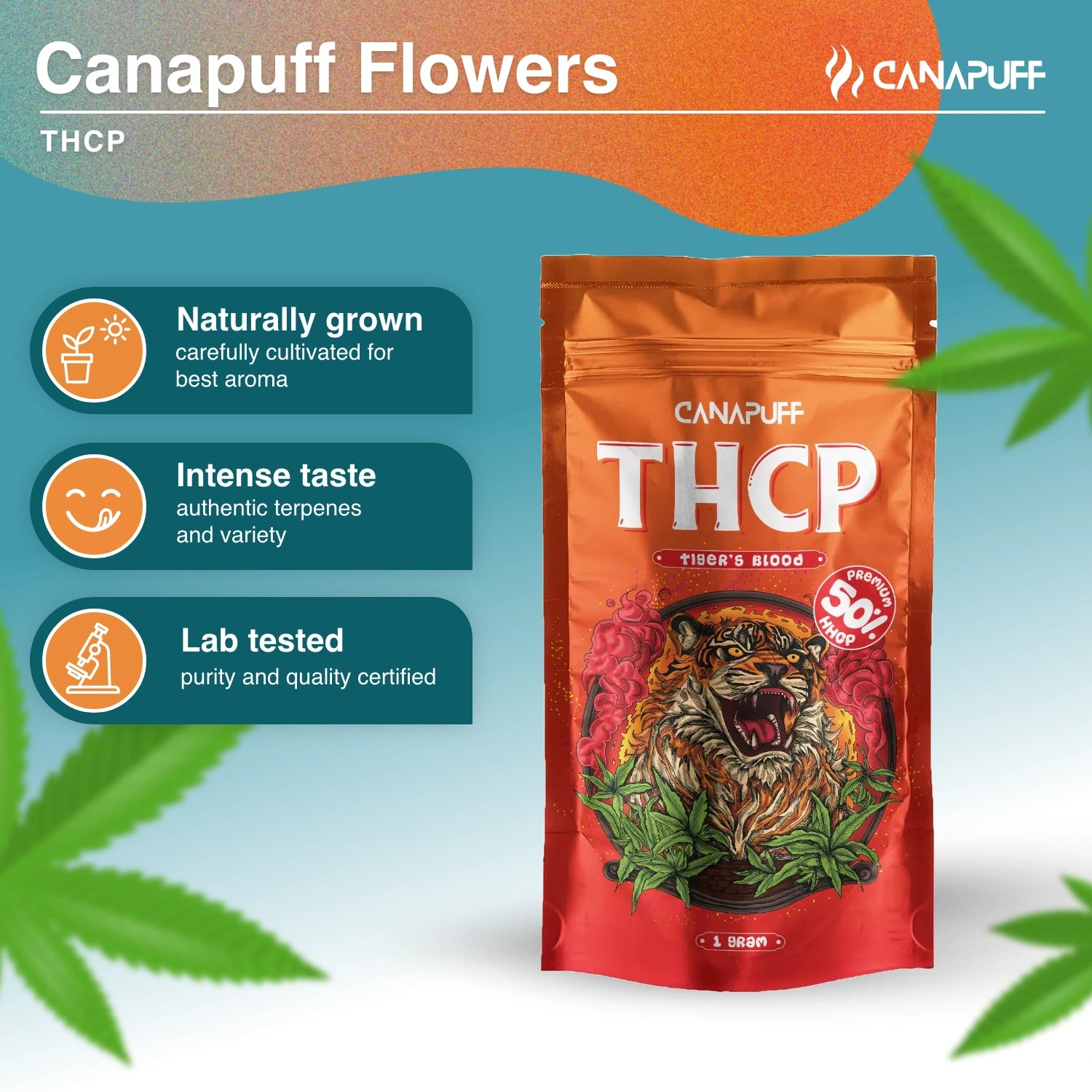

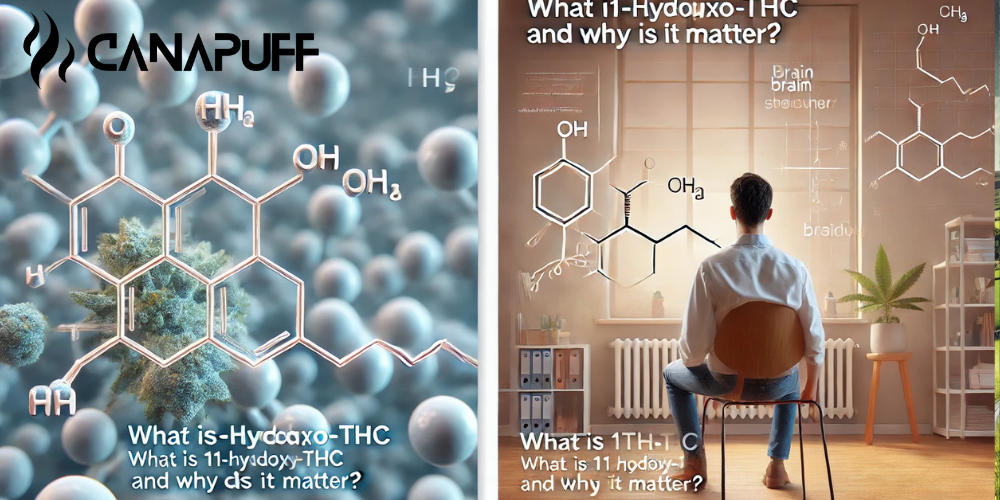


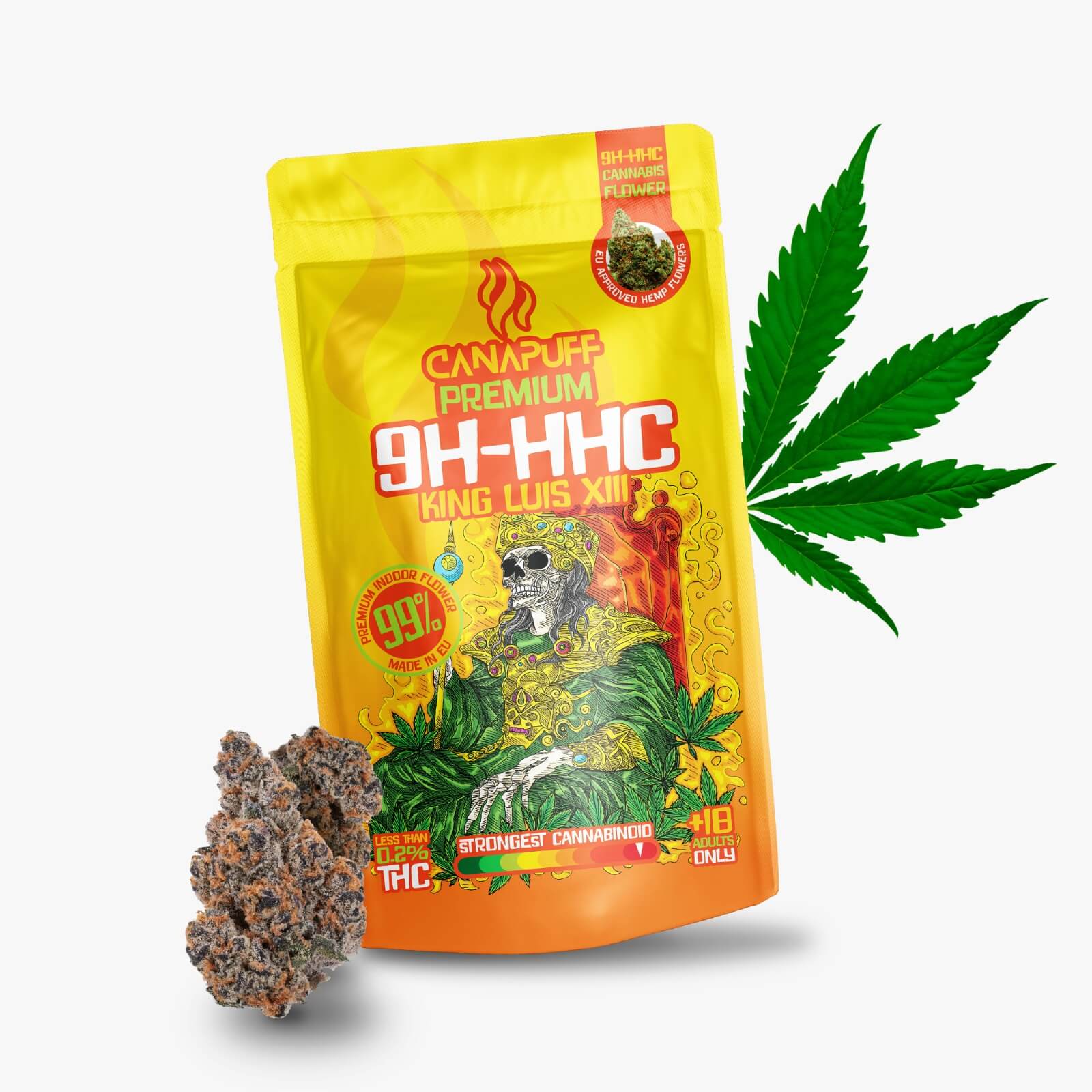
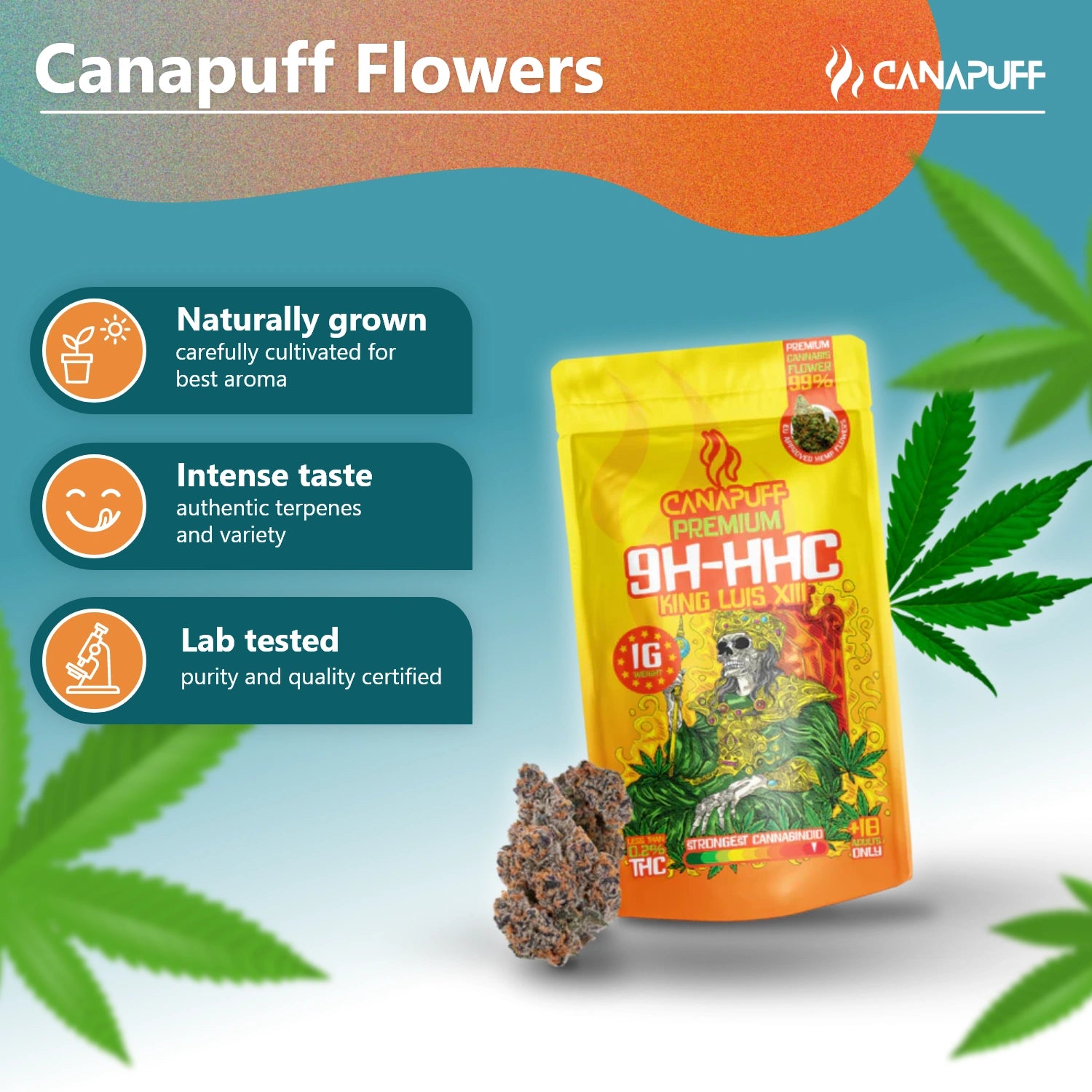

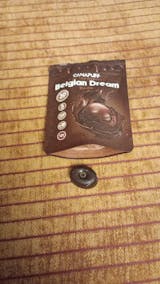
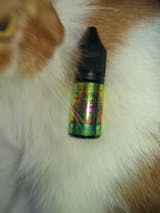
Commenta
Questo sito è protetto da hCaptcha e applica le Norme sulla privacy e i Termini di servizio di hCaptcha.